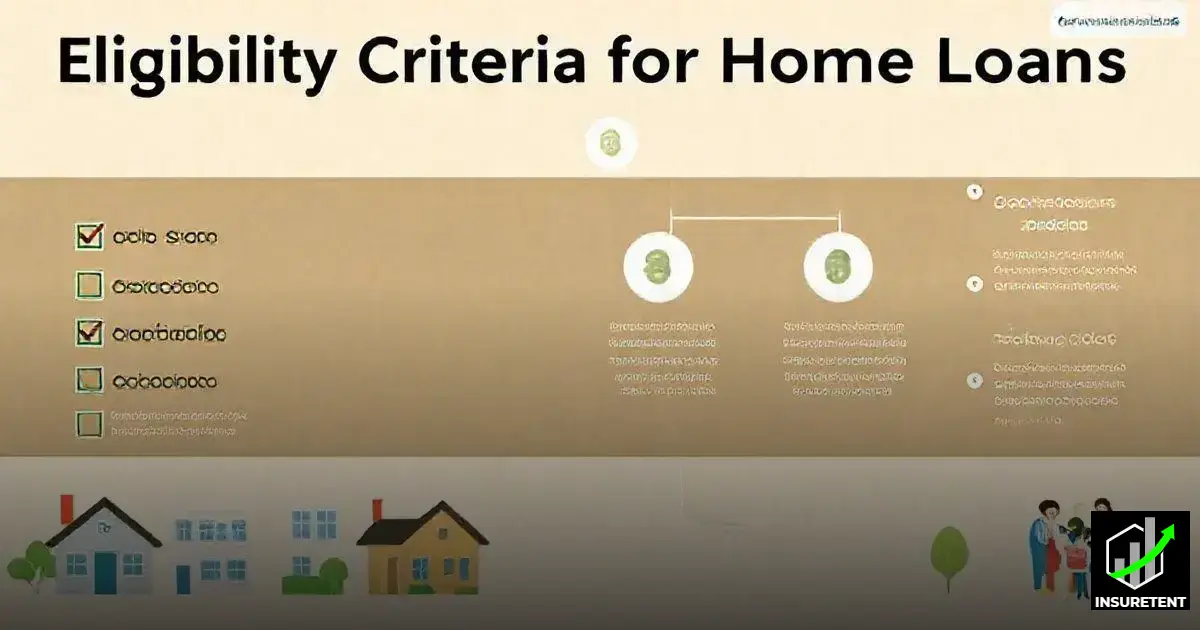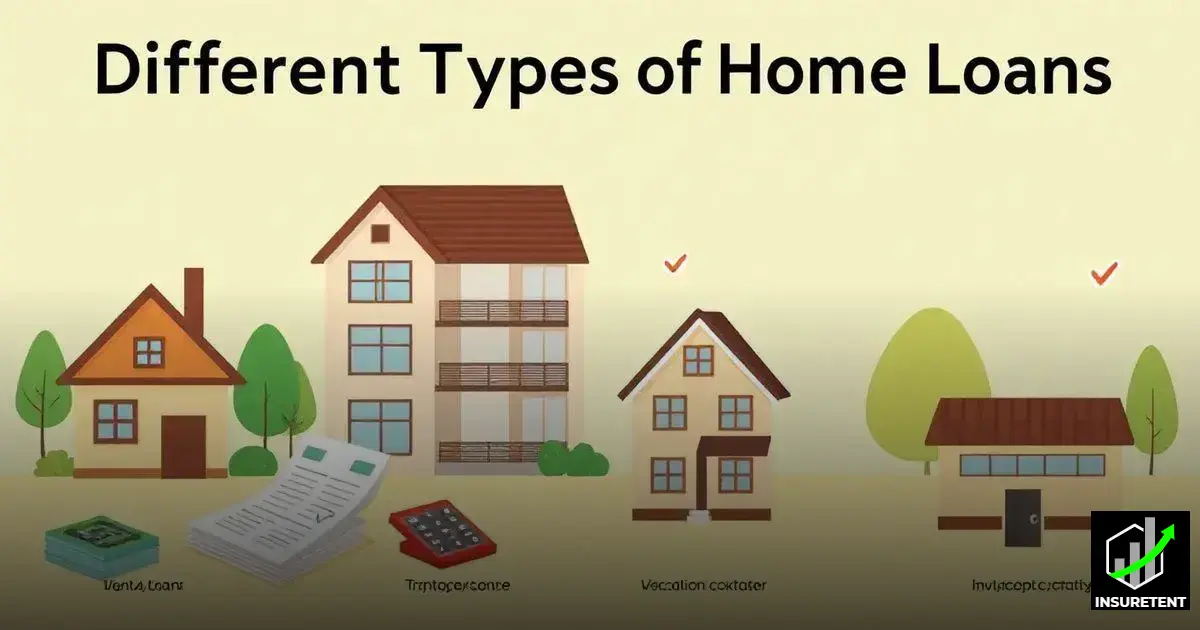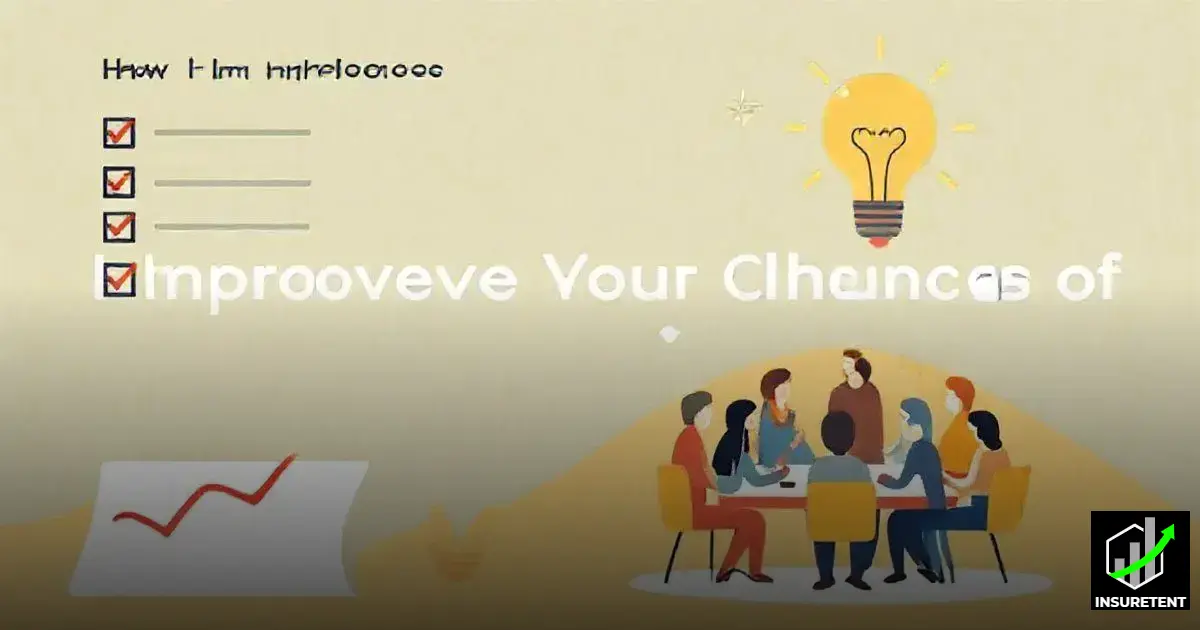Are you planning to purchase your dream home? Navigating the process of applying for home loans can be overwhelming, especially for first-time buyers. However, understanding the basics can help you approach this financial decision with confidence.
Home loans are designed to make property ownership more accessible by providing the necessary funds, which are repaid over time. From choosing the right lender to gathering essential documentation, knowing the steps involved can save you time and reduce stress.
Stay tuned as we explore key insights, tips for improving your eligibility, and how to secure the best terms for your home loan, ensuring a smoother path to homeownership.
Understanding Home Loans
Understanding home loans is essential before you apply for one. A home loan is a secured loan that allows you to purchase a property, which acts as collateral. Knowing the basics can help you make informed decisions.
There are various types of home loans available, including fixed-rate and adjustable-rate mortgages. Each type has its benefits and drawbacks, catering to different financial situations and preferences. It’s vital to assess your financial health before selecting a loan type.
Before applying, you should also evaluate your credit score, as this significantly impacts your eligibility and interest rates. A higher credit score usually results in better loan conditions. In addition to this, the amount you wish to borrow and your income level will determine the loan amounts available to you.
It is important to gather the necessary documentation, which typically includes proof of income, tax returns, and bank statements. These documents help lenders assess your financial stability and ability to repay the loan.
Ultimately, educating yourself on home loans enables you to navigate the lending process successfully and make the best choice for your future home investment.
Eligibility Criteria for Home Loans

To qualify for a home loan, lenders require certain eligibility criteria to ensure borrowers can repay the loan. The most important factor is your credit score. A score of 600 or higher is typically preferred, but different lenders may vary this requirement. A good credit score shows lenders that you are responsible with credit and likely to repay the loan.
Additionally, your income level plays a crucial role. Lenders will look at your gross income to determine if you can afford the monthly payments. It is generally recommended that your housing costs do not exceed 28% of your gross monthly income.
Another criteria is employment stability. Lenders prefer borrowers who have been employed at the same job or in the same field for at least two years. This stability indicates reliability and a steady income.
Lastly, lenders will look at your debt-to-income ratio, which measures your monthly debt payments against your gross monthly income. A ratio of 36% or less is often seen as ideal. Keeping debts low enhances your chances of approval by proving you can manage your finances.
Documents Required for Home Loan Application
Gathering the necessary documents for a home loan application is a crucial step to ensure a smooth process. Lenders require specific paperwork to evaluate your financial stability and creditworthiness. Below are the essential documents typically requested:
Proof of Identity
Provide a copy of a government-issued ID, such as a passport or driver’s license, to verify your identity.
Proof of Income
Submit recent pay stubs (usually from the last two to three months). If self-employed, include tax returns from the past two years.
Bank Statements
Lenders often ask for statements covering the past three to six months to assess your savings and spending habits.
Employment Verification
A letter from your employer confirming your position and salary may be required to verify your current employment.
Credit History
Lenders will check your credit report, but reviewing it yourself beforehand ensures there are no discrepancies.
Asset Documentation
Include evidence of other assets, such as investment accounts, stocks, or additional properties, to strengthen your application.
Loan Application Form
Complete the official application form provided by the lender, which collects personal and financial information.
Different Types of Home Loans

Choosing the right type of home loans is crucial for your financial future. It’s advisable to assess your financial situation, long-term plans, and consult a mortgage specialist to identify the best options for you.
Here are some common types of home loans:
Fixed-Rate Mortgages: This is the most popular type of home loans. It features a consistent interest rate throughout the term, ensuring your monthly payments remain unchanged. This stability is beneficial for budgeting.
Adjustable-Rate Mortgages (ARMs): Unlike fixed-rate loans, ARMs have interest rates that may change after an initial period. This means your payments can fluctuate, which might be lower initially but could increase significantly later.
Interest-Only Mortgages: With this type of loan, you only pay the interest for a set period. After this period, you begin to pay both interest and principal. This option can lower initial payments but might lead to larger payments later on.
FHA Loans: Backed by the Federal Housing Administration, these loans are designed for low-to-moderate-income borrowers. They offer lower down payment requirements and are more lenient on credit scores, making homeownership accessible to more people.
VA Loans: Available to veterans and active military personnel, VA loans do not require a down payment and have competitive interest rates. This makes it an excellent option for those who qualify.
Jumbo Loans: These are loans that exceed the conforming loan limits set by Fannie Mae and Freddie Mac. Because they are not backed by the government, they typically have stricter credit score and down payment requirements.
Step-by-Step Guide to Apply for a Home Loan
Applying for a home loan may seem complicated, but breaking it down into a step-by-step guide can make it easier. Here is how to proceed:
- Check Your Credit Score: Before applying, obtain a copy of your credit report to understand your score. A score above 600 is generally favorable.
- Assess Your Finances: Determine how much you can afford for a down payment and monthly payments. Use a mortgage calculator to get an estimate.
- Gather Required Documents: Prepare the necessary paperwork such as proof of income, bank statements, and identification. Having everything ready streamlines the process.
- Shop for Lenders: Research different lenders to find the best interest rates and terms. You can compare banks, credit unions, and online lenders.
- Get Pre-Approved: Fill out a mortgage application with your chosen lender to receive pre-approval. This shows sellers you are a serious buyer.
- Find a Property: Once pre-approved, start house hunting. Keep your budget in mind and look for properties that meet your needs.
- Make an Offer: When you find a suitable home, make a formal offer. This should be negotiated between you and the seller.
- Complete the Mortgage Application: After your offer is accepted, submit a full mortgage application with the required documents to your lender.
- Close the Loan: Once approved, attend the closing meeting to sign documents and finalize the loan. This is when you’ll receive the keys to your new home!
Following these steps carefully will help you navigate the home loans application process with confidence.
Tips for a Successful Home Loans Application

Applying successfully for a home loan requires careful preparation and attention to detail. Here are some valuable tips to enhance your chances:
- Improve Your Credit Score: Before you apply, check your credit score and address any issues. A higher score can lead to better interest rates.
- Save for a Larger Down Payment: The more you can put down, the lower your mortgage payments will be. Aim for at least 20% to avoid private mortgage insurance (PMI).
- Stay Within Your Budget: Only apply for a loan amount that fits your financial situation. This helps ensure you can manage your payments without stress.
- Organise Your Documents: Prepare all necessary paperwork in advance, including pay stubs, tax returns, and bank statements. Being organised can speed up the process.
- Shop Around: Don’t settle for the first lender. Compare interest rates and terms from different institutions to find the best deal.
- Get Pre-Approved: Obtaining a pre-approval letter from a lender shows you are a serious buyer and can strengthen your position during negotiations.
- Be Honest: When filling out your application, provide truthful information about your financial situation. Misrepresentation can lead to denial of the loan.
- Keep Employment Stable: Maintain a steady job before and during your loan application process, as lenders prefer applicants with stable employment records.
- Communicate with Your Lender: Stay in contact with your lender throughout the process. Ask questions if unsure about any part of the application.
Following these tips can help navigate the home loan application process more effectively and improve your chances of approval.
Common Mistakes to Avoid When Applying
When applying for a home loans, there are several common mistakes to avoid that can hinder your chances of approval. Here are some of the most frequent errors:
1. Neglecting to Check Your Credit Report: Many applicants fail to review their credit reports before applying. Issues may affect your score that you are unaware of. Always check your report for errors or discrepancies.
2. Applying for New Credit Before Closing: Opening new credit accounts before your loan closes can negatively impact your score and raise red flags for lenders.
3. Not Understanding Your Budget: Applying for a loan beyond your means is a common mistake. Be realistic about your budget and what you can afford to pay monthly.
4. Failing to Gather Required Documents: Lenders require specific documentation. Not having these documents ready can cause delays and frustration.
5. Overlooking Lender Fees: Many applicants focus solely on the interest rate. It’s essential to consider lender fees and closing costs as these can add significantly to your overall expenses.
6. Not Getting Pre-Approved: A common mistake is skipping the pre-approval process. Pre-approval gives you a better idea of how much you can borrow and shows sellers you are serious.
7. Making Large Purchases Before Closing: Avoid large purchases on credit right before and during your application process. These can change your financial situation and affect your loan approval.
By being aware of these common mistakes, you can better prepare for your home loan application and increase your chances of a successful outcome.
How to Improve Your Chances of Approval

Improving your chances of approval for a home loan involves several important steps. Here are some effective ways to enhance your application:
Maintain a Good Credit Score: Before applying, check your credit score and take steps to improve it if necessary. Pay down existing debts and ensure that all bills are paid on time.
Reduce Your Debt-to-Income Ratio: Lenders prefer borrowers with a low debt-to-income ratio. Aim to keep your total monthly debt payments below 36% of your gross income.
Save for a Larger Down Payment: A bigger down payment reduces the lender’s risk. Aim for at least 20%, if possible, to avoid private mortgage insurance (PMI).
Get Pre-Approved: Seek pre-approval from a lender before house hunting. This shows sellers you are serious and helps you know your budget.
Provide Complete Documentation: Ensure that all required documents are accurate and submitted on time. This includes income verification, tax returns, and bank statements.
Choose the Right Lender: Different lenders have various requirements and offers. Shop around to find the one that best fits your needs.
Be Transparent and Honest: When providing information, be honest about your financial situation. Misrepresentation can lead to denial.
By following these tips, you can significantly improve your chances of securing a home loans and making the home-buying process smoother.
FAQ – Frequently Asked Questions about Home Loans
What is a home loan?
A home loans is a secured loan that allows you to purchase property, using the property itself as collateral.
What are the different types of home loans?
Common types of home loans include fixed-rate mortgages, adjustable-rate mortgages, FHA loans, and VA loans.
How does my credit score affect my home loan application?
A good credit score can help you get lower interest rates and better loan terms, while a poor score may lead to higher rates or denial.
What documents do I need for a home loans application?
You will typically need proof of income, tax returns, bank statements, and your credit report.
How can I improve my chances of getting approved for a home loans?
Improve your credit score, reduce your debt-to-income ratio, save for a larger down payment, and get pre-approved.
What mistakes should I avoid when applying for a home loans?
Common mistakes include applying for new credit, not checking your credit report, and failing to organise required documents.
Check out our article on Payday Loans to understand how they work and what to consider before borrowing.
